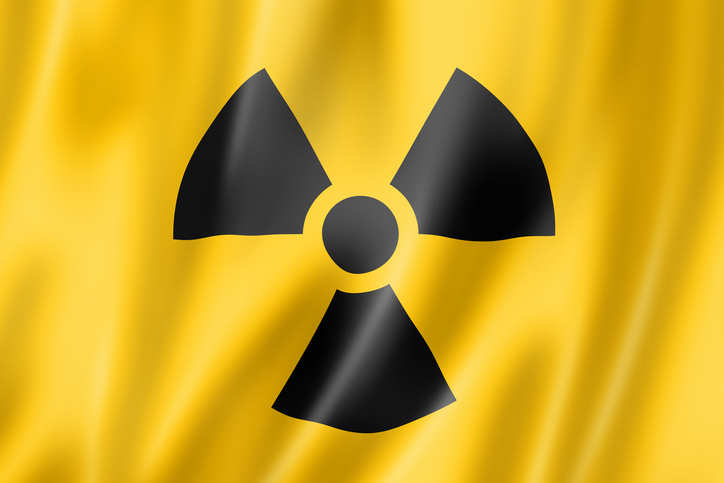NSG plenary meeting held in Jurmala, Latvia
The Nuclear Suppliers Group (NSG) plenary meeting took place on in Jurmala, Latvia after Latvia assumed chairmanship of NSG for 2018-19. With this, Latvia became first Baltic state to chair the NSG. There was no headway in India’s application for NSG entry in this plenary meeting. India had applied for NSG membership at 2016 Seoul plenary session, but it was objected by few member countries of NSG including China.
Key Highlights of meeting
Participation Non-NPT States: NSG member states continued discussions on issue of technical, legal and political aspects of participation Non-NPT States of in NSG initiated at its 2016 Seoul plenary. There was no headway this time for considering India’s membership despite thaw in relationship with China. There was no specific reference to Pakistan’s application to the NSG.
Waiver to India: NSG continues to consider all aspects of implementation of the 2008 Statement on Civil Nuclear Cooperation with India (or NSG waiver for India) and discussed NSG relationship with India.
On North Korea: Participating Governments of NSG reconfirmed their commitment to UN Security Council resolutions 2371 (2017), 2375 (2017), 2397 (2017) and previous relevant UNSC resolutions, which reaffirm that North Korea will immediately abandon all nuclear weapons and existing nuclear programmes in complete, verifiable and irreversible manner. They noted that supply of all controlled items to North Korea is prohibited according to above resolutions. They noted with encouragement the recent Inter-Korean summits and North Korea-US summit.
On Iran: They acknowledged continued implementation of Joint Comprehensive Plan of Action (JCPOA) and Iran by E3/EU+2 (United Kingdom, France, Germany + Russia, China) and Iran. JCPOA is nuclear deal between P-5 (US, UK, Russia. China, France) + 1 (Germany) and Iran.
Nuclear Suppliers Group (NSG)
NSG is a multinational body concerned with reducing nuclear proliferation by controlling the export and re-transfer of materials that may be used for development of nuclear weapons. It was set up in 1974 as a reaction to India’s first successful nuclear tests (code name Smiling Buddha conducted on 18 May 1974) to stop so called misuse of nuclear material meant for peaceful purposes. Currently, NSG has 48 members.
Month: Current Affairs - June, 2018


